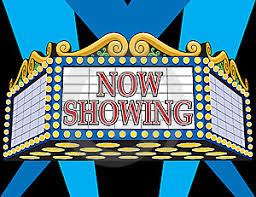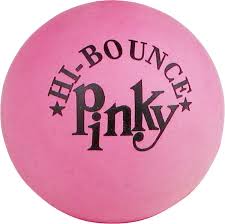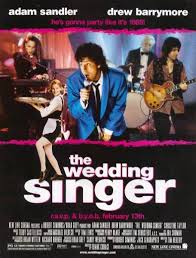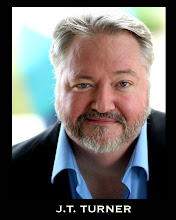 Oh spring seems to be pushing it's way into our lives here in the Northeast. So perhaps a blog about some growth?
Oh spring seems to be pushing it's way into our lives here in the Northeast. So perhaps a blog about some growth?I often write in Advice To The Players about nurturing your creative side. Actor, singer, dancer, speaker, performer, whatever your creative call, we all need to stay in our creative zone as much as we can. With that in mind, how about some reminders on how to nurture the creative muse in you? Did you say, "Yes, please"? Good answer!
SIX SENSATIONAL SUGGESTIONS
(Oh JT, you are so alliterative!).
1) Keep a journal. Even spending just a few minutes a day jotting down thoughts and feelings can cause you to give birth to new ideas.
2) Read more. Studies tell us that high creative achievers read a lot. And try to have variety in what you read, lots of different genres.
3) Walk. Walking, even just a short fast walk, breaks your thinking patterns up, oxygenates your blood and keeps your thinking fresh.
4)Learn new things. Take classes, start a language course, learn a new game or instrument. The brain is a machine that thrives on being challenged.
5) Interact with people. Creative people are often portrayed as lonely brooding artists, but the opposite is true. Being a social creature introduces new thoughts, ideas and feelings into you life, and helps you stay creative and inspired.
6) Make something. Write a play or a new song, carve, sculpt, paint, sketch, plant, take pictures. Make a new thing to help your creativity sizzle.
And now, because I am so generous, a bonus item:
BREATHE! As stated in past blogs, make sure you take some good, deep cleansing breaths throughout the day. It does wonders for your brain.
Great ideas, but only great if employed! Use them!
JT
The Actors Sensei
Group lessons, and private coaching for all ages.




























